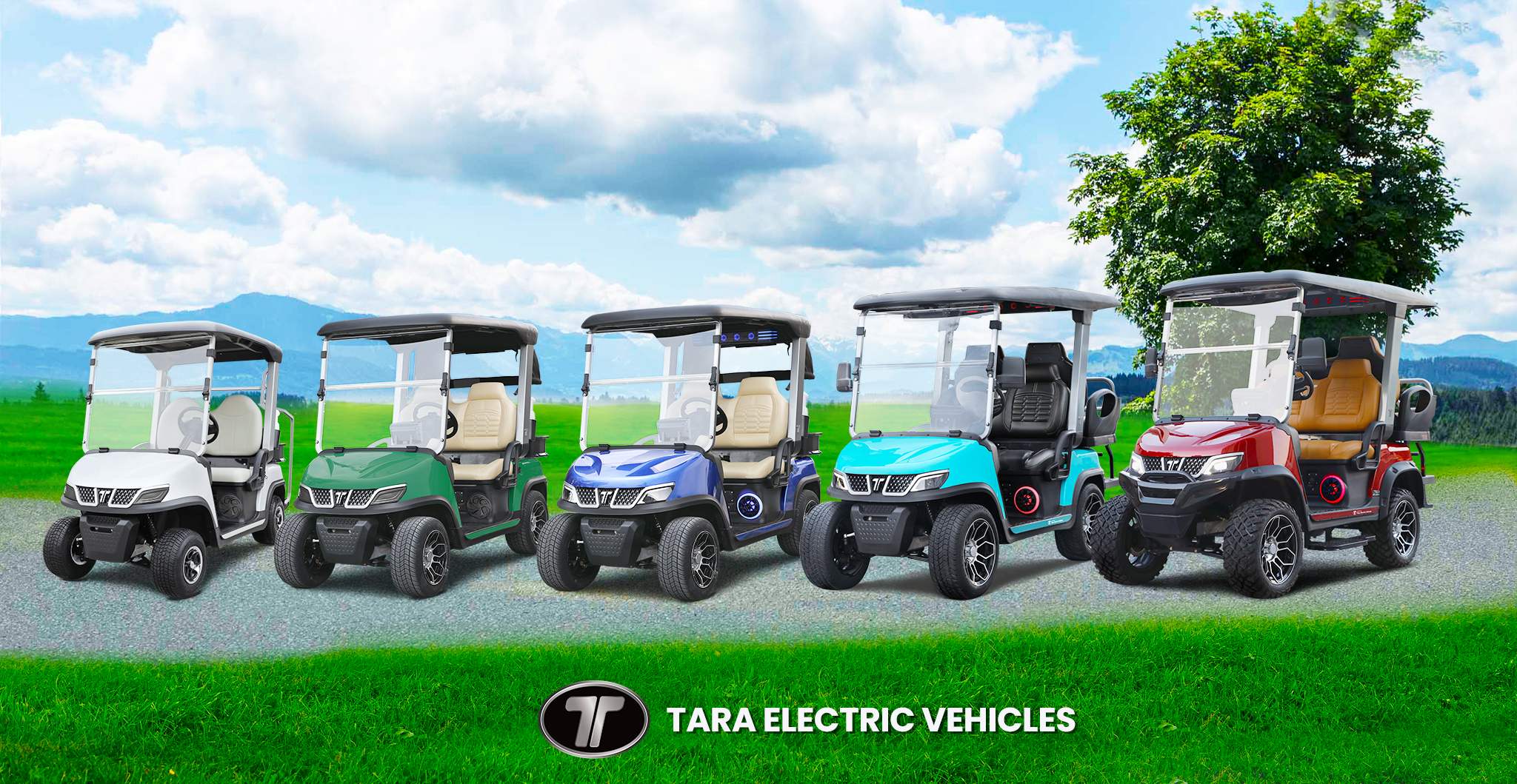Globally, low-speed vehicles (LSVs) are becoming an increasingly important means of transportation and leisure. With growing environmental awareness and the increasing demand for urban micromobility, LSVs are finding a wider range of applications. From neighborhood commutes and campus commutes to golf courses and resorts, LSVs are changing the way people travel. Many people question what an LSV is. It’s not just an electric vehicle; it’s also a vehicle that complies with specific regulations. LSV golf carts and LSV golf carts, in particular, differ from traditional golf carts in terms of functionality and legal requirements, leading more and more users to consider how to use these vehicles in their daily lives and work. This article, drawing on industry experience and frequently asked questions, comprehensively explores the characteristics, regulations, application scenarios, and future developments of LSVs.
What is an LSV?
An LSV (Low Speed Vehicle) is a type of vehicle defined by U.S. traffic regulations. It typically has a top speed of 25 mph (approximately 40 km/h) and must meet certain safety requirements, such as:
Front and rear lights
Turn signals
Mirrors
Seatbelts
Vehicle Identification Number (VIN)
Compared to regular golf carts, LSV golf carts are designed to be more street-legal and can be driven on most roads with speed limits under 35 mph (approximately 56 km/h).
The Difference Between LSVs and Regular Golf Carts
Many people ask: What’s the difference between an LSV golf cart and a regular golf cart?
Speed Limit
Regular golf carts typically have a top speed of 15-20 mph.
LSVs are permitted to reach 25 mph.
Safety Standards
Regular golf carts typically lack seatbelts or lighting systems.
LSV golf carts must meet regulatory safety requirements.
Road Qualifications
Regular golf carts are generally not allowed on public roads.
LSVs, on the other hand, can be legally driven on certain roads and require registration and licensing.
Where are LSVs suitable?
Community Transportation
In gated communities or resorts, LSVs offer an environmentally friendly and convenient option for short-distance travel.
Golf Courses and Resorts
Compared to traditional golf carts, LSV golf carts offer a safer driving experience and are particularly suitable for internal transportation within large resorts.
Campuses and Industrial Parks
LSVs are widely used for campus patrols and on-campus logistics, being both energy-efficient and quiet.
Short-Distance Commuting
In some cities, residents can use LSV golf carts as a replacement for cars for short commutes within a range of 3-5 kilometers.
FAQ
1. What is an LSV?
An LSV is a low-speed electric vehicle that complies with traffic regulations, has a speed limit of 25 mph, and is equipped with safety features.
2. Does an LSV require a driver’s license?
In most states and territories, a valid driver’s license is required to operate an LSV.
3. Can I drive an LSV on the highway?
No. LSV golf carts are only permitted on roads with a speed limit of 35 mph or less.
4. How much does an LSV cost?
Price depends on the configuration and brand. An LSV golf cart is generally more expensive than a regular golf cart, but much less than a car. Most LSVs range in price from a few thousand dollars to tens of thousands of dollars.
5. Is an LSV environmentally friendly?
Yes, most LSVs are electric, with zero emissions and low noise levels, which is in line with environmental trends.
Future Trends in LSVs
With the development of new energy technologies, the performance of LSVs is continuously improving:
Battery technology upgrades: Lithium-ion batteries are replacing lead-acid batteries, providing longer driving range and faster charging.
Intelligent features: Navigation systems and connected car technology are increasingly being incorporated into LSV golf carts.
Relaxed regulations: More cities are gradually allowing LSVs to operate on public roads, expanding their application scenarios.
In the future, LSVs are expected to become a key component of urban micromobility, particularly in the “last mile” transportation solution.
Why choose TARA LSV?
As a professional electric vehicle manufacturer, TARA’s LSV golf carts combine safety, comfort, and performance. These models utilize a high-strength frame and advanced battery systems to meet the diverse needs of resorts, communities, and golf courses. TARA also offers customization services, allowing customers to choose from a variety of seating configurations, colors, and features based on their intended use.
Summary
LSVs are more than just vehicles; they are a crucial option for future green mobility and community transportation. From the definition of an LSV to the applications of LSV golf carts and industry trends, low-speed vehicles are changing the way people live. Whether it’s community residents, golf course operators, or urban transportation planners, LSV vehicles offer safe, environmentally friendly, and cost-effective solutions.
For those seeking a reliable and high-performance LSV golf cart, TARA is a trusted partner.
Post time: Aug-27-2025







